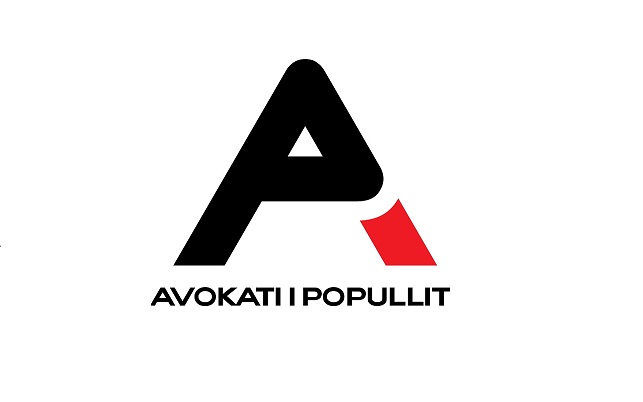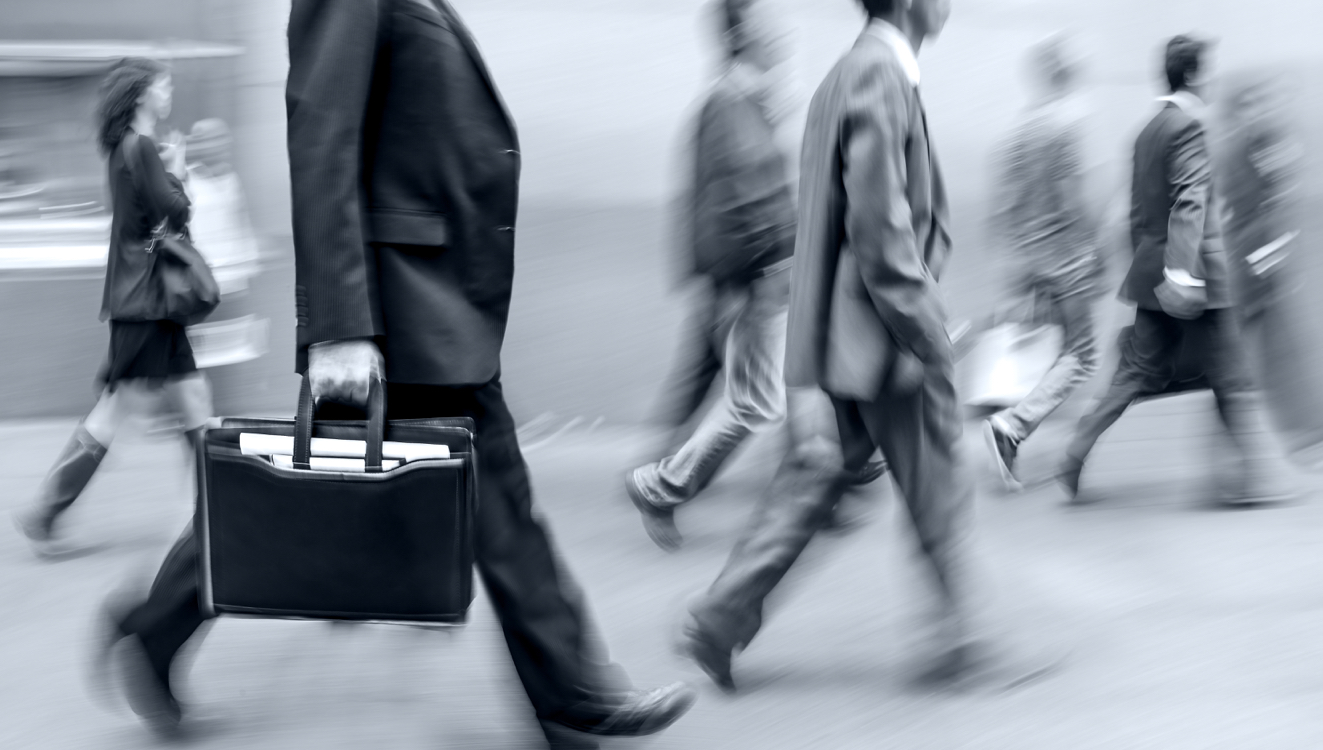Partner Institucions

BENEFICIARY INSTITUTION
People’s Advocate, Albania: https://www.avokatipopullit.gov.al/sq/
The People’s Advocate in Albania, as a new institutional and conceptual experience, despite the lack of institutional tradition in this approach, represents an inherent effort to build the rule of law. This institution was established through provisions provided for in the Constitution of the Republic of Albania, adopted by referendum in 1998.
In compliance with the classical model of the Ombudsman, the Assembly of Albania adopted the organic law “On the People’s Advocate” in 1999, asserting the institution of the People’s Advocate as a constitutional guarantee for the protection of the rights, freedoms and lawful interests of the individual, Albanian citizens, foreigners, regular or irregular residents in Albania, refugees or stateless persons that live in the territory of the Republic of Albania from unlawful or illegal omissions of public administration bodies.
The Institution of the People's Advocate, in compliance with national and international legislation has a broad mandate, according to international standards, as the highest national institution for the promotion, prevention of violations and protection of human rights. In general, the mandate of the People's Advocate covers functions such as: “classical” Ombudsman; National Human Rights Institution (NHRI); National Mechanism for the Prevention of Torture, and Ombudsman for Children.
The institution of the People’s Advocate in Albania is also certified by competent international institutions for the high standards that it meets (it was reaccredited with Status “A”, in December 2020). These standards are related to the right to submit to the Government, the Assembly and any other competent body at the request of the relevant authorities or ex officio, opinions, recommendations, proposals on any issue related to the promotion and protection of human rights.
MEMBER STATE PARTNER
Austrian Ombudsman Board (AOB), Austria: https://volksanwaltschaft.gv.at/en
The Austrian Ombudsman Board (AOB) has been independently monitoring and controlling Austria’s entire public administration since 1977 by order of the Federal Constitution. It follows up citizens’ complaints, checks the legality of decisions by authorities and examines possible cases of maladministration in the public administration. The AOB has an unrestricted mandate as parliamentary Ombudsman institution to monitor cases of maladministration in public administration at federal, regional and local level, especially in cases of alleged violations of human rights or ex officio.
Moreover, the AOB acts as a National Preventive Mechanism (NPM) along with one federal and six regional commissions. The NPM monitors institutions in which there is or can be a deprivation or restriction of personal liberty, such as in prisons or nursing homes. The inspection also extends to institutions and programmes for people with disabilities, and the administration is monitored as an executive authority if direct orders are issued and coercive measures are exercised, as in the case of deportations, demonstrations and police operations. The essential purpose of the above is to recognize and remedy risk factors for human rights infringements at an early stage.
SUPPORTING BODY
Ludwig Boltzmann Institute of Fundamental and Human Rights, Austria: https://gmr.lbg.ac.at/?lang=en
The Ludwig Boltzmann Institute of Fundamental and Human Rights is an independent research, training and consulting institute, which since its foundation in 1992 has developed a specific profile in the field of human rights, rule of law and democratisation.
The central task of LBI-GMR is to provide a link between research and practise in the field of human rights at national, European and international level, dealing with topics such as anti-discrimination and equal treatment legislation and policies, the prevention of torture and ill-treatment, protection of detainees, longstanding expertise in the field of children’s rights and trafficking in human beings.
The institute co-operates with public administration and civil society organizations at national and international level.


